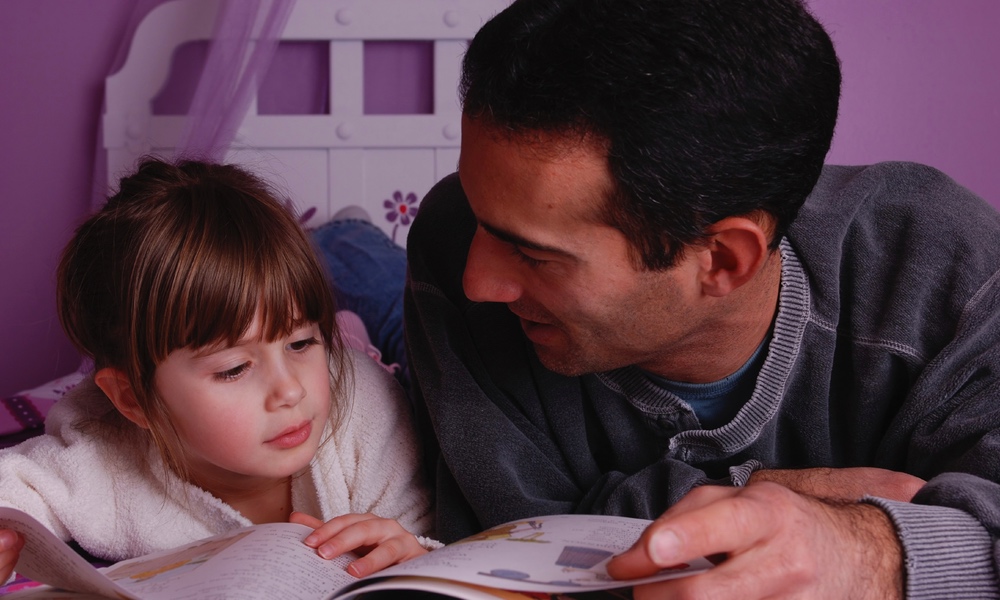If you want to give your kids a leg up in school, read to them. Not only will you give them a head start, it's an experience that they will never forget.
Jessica Logan studies how children learn. In her early research, she found that about a quarter of the children she was studying were never read to and another quarter were read to just once or twice a week.
“The fact that we had so many parents who said they never or seldom read to their kids was pretty shocking to us. We wanted to figure out what that might mean for their kids,” Logan said in a statement.In addition to expanding vocabulary, reading can introduce kids to sights and faraway places — from the penguins of Antarctica to the kangaroos of Australia and the pyramids of Egypt.
“Kids who hear more vocabulary words are going to be better prepared to see those words in print when they enter school,” says Logan, an assistant professor at Ohio State University. “They are likely to pick up reading skills more quickly and easily.”
More than words and information are exchanged when parents talk about what's happening in the book they're reading and answer their children's questions, and there's more than just numbers involved. The words in books are often more complex than the ones children hear in everyday life at home. And reading can introduce them to new sights and faraway places, such as the penguins of Antarctica, the kangaroos of Australia and the pyramids of Egypt.
Kids get a lot more than information when you read to them. Reading also stimulates their imagination and sense of wonder. Anything is possible. Why shouldn't pigs have wings? Or the world be filled with wizards wearing colorful robes? The only limit is how far the imagination can fly. Parents often forget just how much wonder and excitement even the everyday world holds for a young child, and that's why story time is good for parents, too. It is also something fathers can do as well or even better than mothers.
Don't let the cost of books stop you; you can always borrow books from the local library.





